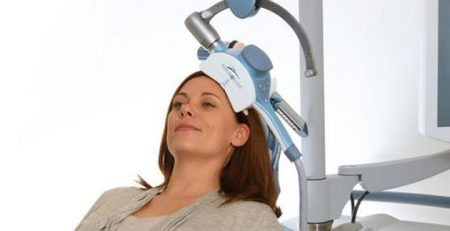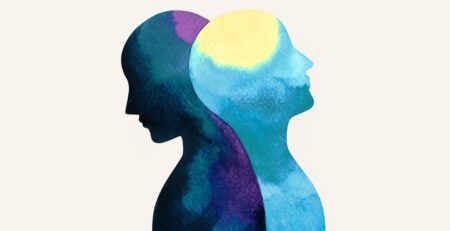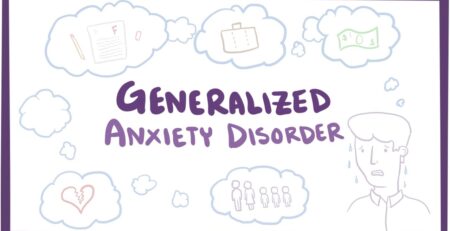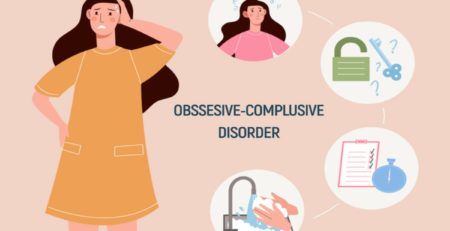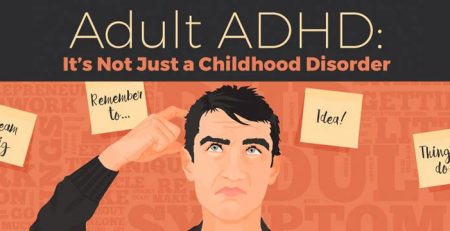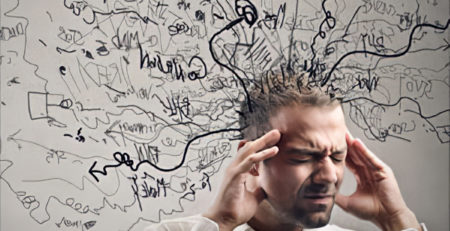Schizophrenia – A Serious Mental Illness
The latest US stats indicate that the prevalence of schizophrenia in the country is 0.3%. The number appears to be insignificant. However, many medical experts are of the view that the report has seemingly missed the unreported cases of schizophrenia. To this day, patients who have the signs of the disorder tend to keep their condition in the fear of being stigmatized by society.
A severe kind of mental disorder, Schizophrenia is a condition which negatively impacts a person’s decision-making abilities, relationships, emotions, and thinking capabilities. It describes the fragmented or scattered pattern of thinking. Often occurs during late-adulthood, the condition doesn’t have a definite cure to date. Since the disorder is a form of a syndrome which means that there are lots of symptoms that can be associated with it, whatever treatment is available these days is aimed at treating the symptoms.
While the onset of the disorder can be at any age, schizophrenia is rare in early adolescence or in childhood. It usually occurs in early adulthood or in late adolescence. The likelihood of a man with the disease is the same as that of a woman’s. But a fascinating thing to note is that the disorder tends to present in men at an early age and also affects them severely.
Symptoms
There are no typical symptoms that can help define the existence of the disorder in a person. Over the years of study, medical experts have categorized symptoms into three major groups:
Positive symptoms
These are psychotic symptoms like hallucinations and delusions. They are the most visible and often the first sign of the outbreak of the disorder. A person suffering from these often clings on to false beliefs and doesn’t reject his or her ideas even there is ample proof against the held beliefs.
Cognitive symptoms
This involves problems with memory or concentration. As a result, a person can have the further problem of disorganized speed or scattered thinking. They are subtle to the point of being less noticeable.
Negative symptoms
Often misdiagnosed as either symptom of depression or side-effects of psychotic drugs, these symptoms cause a reduction in normal activities of a person. Such people can witness a loss of interest in many things and often develop a condition called the flat affect – where a person doesn’t react to anything at all.
All of these symptoms indicate the onset of the disorder. A patient can exhibit all of the symptoms discussed above.
Treatment
Complete recovery from the condition is possible, but there are chances of relapses. Patients may be recommended to take medicines throughout their lives. Besides this, a doctor may advise a patient to undergo psychotherapy so that they can better understand how to deal with their thoughts and behaviors.


